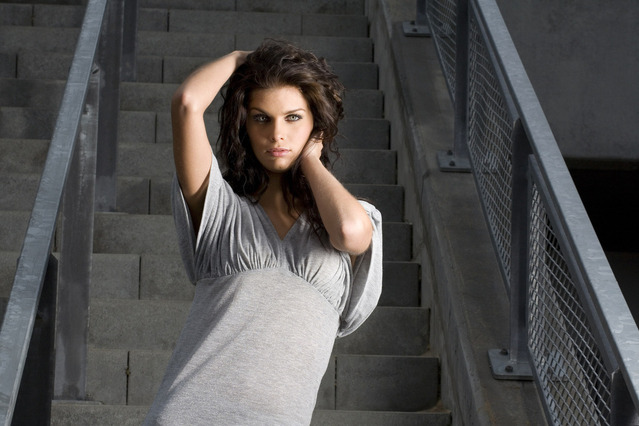Classes Training Courses
We endeavor to improve, educate and motivate young and older people by giving them hope and self-worth in themselves, without discrimination on gender, ethnicity, age or build. Every individual is beautiful and should be highly valued.
MODELING
ACTING
Download 2024 HMT Registration Form
Complete your 2024 Registration with Hillicks Model & Talent School, and show your talent in 2024!
Click the link to download our 2024 HMT Registration Form, and send it to us at the following email address: [email protected]
MODELING
FASHION MODEL
You need to be well groomed, have a professional attitiude towards potential clients, and be able to get along with a wide range of people and stereotypes.
You don’t need any recognised qualifications for this type of career. However what is important for this type of career is that you have the right ‘look’ for the type of modeling career you wish to pursue.
Work Activities Include
The various types of modelling you can specialize in are as follows:
- Photography, advertisement and TV commercials.
- Fashion and catwalk.
- Live modelling in-house for various designers and clothing wholesalers.
- Promotional modelling (representation of non-fashion items at product launches and trade fairs etc)
- Alternative modelling, for people with peircings, tatoos, or varied different looks.
Fashion show modelling entitles you to walk along a catwalk, turning and displaying clothes in front of live audiences.
Photography, advertising and commercial modelling includes:
- Posing for photographers in studios or on varied location around the world.
- Taking directions from photographic directors.
- Acting or delivering lines in TV commercials.
Working as an in-house live model, designers typically will outfit garments onto you in workshops, and you would show their finished clothing fashions to potential fashion buyers and private customers alike. You might also have basic administrative duties when you are not busy modelling.
As a photographic model or catwalk model, you work closely with stylists, hair stylists, make-up artists, producers and directors. You could spend much of your time going to castings, keeping in contact with your agency, and looking after your appearance.
Modeling Types
- Fashion Model
- Editorial Fashion Model
- Fashion Catalog Model
- Runway Model
- Commercial Model
- Print Model
- Glamour Model
- Catalog Model
- Petite Model
- Freelance Model
- Fitness Model
- Parts Model
- Plus Size Model
- Mature Model
- Art Model
- Pinup Model
- Alternative Model
- Promotional Model
- Spokesmodel
- Convention Model
ACTING
ACTORS
You will need a good memory to learn your lines quickly in order to portray your character successfully. You must also be versatile, adaptive and willing to accept direction and give feedback.
Work Activities Include
In acting you might be acting alone, or as part of a group or cast of actors depending on the production you are making. Your performance is just a piece of the puzzle.
You might spend a lot of time:
- Researching your roles.
- Learning your lines for the cast.
- Rehearsing you performances.
- Attending fittings for costumes designs.
- Preparation and going to auditions.
- Contacting actors’ agents for job opportunities.
Being an actor you’ll need to become familiar with your lines of words and those of other acting members and casting members in order to ensure your timing is exactly right. Understanding of stage positioning is needed to ensure the right position on set/stage during the production. You’ll usually work with other professionals in the industry like make-up artists, camera operators and directors.
Working directly with directors to interpret the script is also common place. This involves using your voice and expressing yourself and portraying certain emotions. This includes the deciding of how the character will appear as well as their behaviour. Adaptation is also key as you might be asked to perform a number of different characters with different stereotypes and or personalities.
In some smaller theatre businesses/companies, you could also be involved in administration duties, publicity and stage performances.
Often performing in combination to other jobs, for example teaching, community arts or office work could be expected of you.
Acting Types
- Scene Study & Technique
- Audition
- On-Camera
- Cold Reading
- Improvisation
- Commercial
- Vocal
- Body and Movement
- Classical
- Voice-Over


